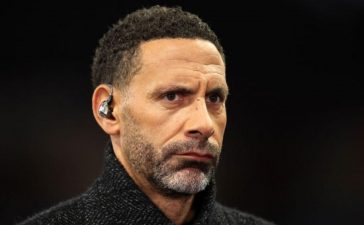From David Onwuchekwa, Nnewi
A business and fintech consultant, Mr Emmanuel Adams, has criticised the Central Bank of Nigeria (CBN)’s e-Naira digital currency policy innovation as a waste of tax payers money.
Mr Adams, an entrepreneur and author in a statement in Nnewi, Anambra State, said about five years ago there were some individuals in Africa who championed the cause of digital financial transactions and infrastructure powered through blockchain.
He noted that the questions the CBN should be concerned with now had to do with what a modern cash infrastructure would look like. What should payment infrastructure look like? How can we close the gap on financial inclusion for good? How can we redesign cross border payments with digital currencies?
“And for us the early pioneers of blockchain in Africa, our position has always been about what should be the role of the CBN in answering those questions.
“This cashless policy crisis has highlighted the need for the apex bank to rethink and consider the status quo and put people first.
“Not long ago, I casually made a risky bet that this shift was coming sooner than we thought, and it was going to be a major digital transformation in our time. But I didn’t expect a change of currency note and cashless policy being forced down people’s throats at the same time, “ Mr Adams noted.
He said that informed his suggestions with emphasis on CBN’s innovation, digital currency for inclusion and digital currency for cross border transactions which he said could be described as three key pillars.
“The apex bank should reach out to fintech experts like myself, Chimezie Chuta , Doris Ojuederie and a few credible fintech companies to primarily help the apex bank come up with solutions that will aid our emerging and developing economy to adopt blockchain, AI, Cloud, digital currency, cross border payments in line with modernization and economic development efforts. “Africa is setting out to be the future of the world economy and so far East African countries are taking the lead instead of the giant of Africa (Nigeria) because we have refused to work with the right people,” he concluded.
•




